June 2025: The Month Data Engineering Got Seriously Competitive (And Why You Should Care)
Remember when the biggest tech drama was about which phone had the better camera? Well, June 2025 just proved that the real action has moved to something way less glamorous but infinitely more important: databases. And trust me, what happened this month is going to change how every app, website, and AI tool you use actually works behind the scenes.
So grab your coffee (or tea, I don’t judge), and let me tell you why June 2025 might go down as the month the data world went absolutely bonkers—in the best possible way.
The Great Database Heist of 2025
Picture this: It’s like watching two tech giants in a bidding war at an auction, except instead of fighting over a rare painting, they’re throwing around billions of dollars for companies that make databases. Yes, databases. Those incredibly unsexy but absolutely critical pieces of software that store literally everything digital in your life.
Databricks Drops a Cool Billion on Neon
First up, Databricks—think of them as the cool kid who helps companies make sense of massive amounts of data—decided to spend roughly $1 billion (yes, billion with a B) to buy a company called Neon.
Now, here’s where it gets interesting. Neon makes something called a “serverless PostgreSQL database.” If that sounds like tech gibberish, think of it this way: imagine you could instantly create a super-organized digital filing cabinet whenever you needed one, and it would automatically grow or shrink based on how much stuff you put in it. That’s basically what Neon does, but for computer programs.
The kicker? Over 80% of these digital filing cabinets weren’t being created by humans anymore—they were being created by AI. Let that sink in for a moment. We’ve reached a point where artificial intelligence is autonomously creating its own storage systems faster than humans can keep up.
Snowflake Strikes Back with Crunchy Data
Not to be outdone, Snowflake—another major player in the data world—swooped in and acquired Crunchy Data for around $250 million. Think of Snowflake as the company that helps businesses store and analyze massive amounts of information (like “show me every customer who bought something last Tuesday”).
Crunchy Data specializes in making databases that are secure enough for government agencies and big banks. We’re talking Fort Knox-level security for your data. The fact that Snowflake bought them tells us something important: as AI becomes more powerful, the need for bulletproof data security becomes absolutely critical.
Why This Matters to You (Yes, Really)
You might be thinking, “Cool story, but I’m not a tech person. Why should I care about database acquisitions?” Here’s why this affects literally everyone:
1. Your Apps Are About to Get Smarter
Remember how Netflix seems to know exactly what you want to watch, or how your music app creates perfect playlists? That’s going to get exponentially better. These database improvements mean AI can access and process information faster, making every app you use more responsive and intelligent.
2. AI Assistants Are Leveling Up
Those AI chatbots and virtual assistants we’re all getting used to? They’re about to become incredibly more capable. When AI can instantly create and manage its own data storage, it means these tools can help you with complex tasks that currently require multiple apps and a lot of manual work.
3. Your Work Life Is About to Change
Whether you’re in marketing, finance, healthcare, or education, the way you access and use data at work is about to get dramatically simpler. Instead of waiting days for IT to set up systems, AI will be able to create what you need in seconds.
The Plot Twist: AI Is Managing Itself
Here’s the mind-bending part of this whole story. The reason these companies are worth billions isn’t just because they make good databases—it’s because AI has started managing its own infrastructure.
Imagine if your car could automatically build its own parking garage whenever it needed one, and then tear it down when it was done. That’s essentially what’s happening in the digital world. AI systems are now sophisticated enough to:
- Create their own storage systems
- Scale them up or down as needed
- Manage security and performance
- Clean up after themselves when done
This is like watching the digital equivalent of evolution in fast-forward.
Microsoft Crashes the Party
Meanwhile, Microsoft wasn’t content to sit on the sidelines. In June 2025, they dropped a massive update to something called Microsoft Fabric (think of it as their Swiss Army knife for data management).
The highlight? They introduced something called “Variable Libraries”—basically a way for programmers to avoid repeating themselves and make fewer mistakes. Plus “Materialized Lake Views” which automatically organize and maintain huge amounts of data.
Translation: The tools that help companies manage their data just got 20-30% more efficient. That’s like suddenly being able to complete your work commute in 20 minutes instead of 30.
The Real Story: We’re Witnessing the Birth of “Agentic AI”
All of these acquisitions and updates point to something bigger happening. We’re moving into what experts call the “agentic AI” era. This isn’t just about chatbots that can write emails—we’re talking about AI systems that can:
- Automatically set up entire computing environments
- Manage complex business processes without human intervention
- Make decisions and take actions based on real-time data
- Coordinate with other AI systems to solve complex problems
Think of it as the difference between having a really smart assistant who can answer questions versus having a team of experts who can actually run parts of your business autonomously.
What Netflix Is Quietly Building
Speaking of impressive developments, Netflix announced something called their Unified Data Architecture (UDA) in June. Without getting too technical, they’ve created a system where they define something once—like what constitutes a “movie” or a “user”—and that definition automatically works across their entire massive technology infrastructure.
This might sound boring, but it’s actually revolutionary. It’s like having a universal translator that ensures every part of a massive company speaks the same language. For Netflix, this means they can roll out new features faster and with fewer bugs. For the rest of us, it means smoother streaming and better recommendations.
The Bigger Picture: What This Means for 2026 and Beyond
June 2025 wasn’t just about a few big acquisitions—it was a preview of how dramatically different our digital world is about to become:
Speed Will Be Everything
When AI can create and manage infrastructure at machine speed, the lag time between having an idea and implementing it shrinks from weeks to seconds. This means faster innovation, quicker problem-solving, and more responsive services.
Personalization Will Go Next Level
With AI managing data more efficiently, every digital service you use will be able to adapt to your preferences and needs in real-time. Your apps won’t just remember what you like—they’ll predict what you’ll need before you know it yourself.
Work Will Become More Creative
As AI handles more of the routine technical work, humans will be freed up to focus on strategy, creativity, and relationship-building. The boring stuff gets automated; the interesting stuff becomes more interesting.
Security Will Be Built-In, Not Bolted-On
The focus on enterprise-grade security in these acquisitions signals that as our digital world becomes more automated, security is becoming a fundamental feature, not an afterthought.
The Human Element in an AI World
Here’s what I find most fascinating about all these developments: despite all this talk about AI managing itself, the human element is becoming more important, not less. These technologies are tools that amplify human creativity and decision-making rather than replace them.
The companies making these billion-dollar bets aren’t trying to eliminate human workers—they’re trying to give them superpowers. When AI can handle the routine technical stuff instantly, humans can focus on the work that actually requires intuition, empathy, and creative problem-solving.
Looking Ahead: What to Watch For
As we head into the rest of 2025 and beyond, here are the trends worth keeping an eye on:
1. More AI Autonomy: Expect to see AI systems become even more self-managing and independent.
2. Instant Everything: The gap between wanting something and getting it will continue to shrink across all digital services.
3. Smarter Integration: Different apps and services will work together more seamlessly, creating more cohesive digital experiences.
4. Enhanced Privacy and Security: As data becomes more powerful, protecting it becomes more critical—and more automated.
The Bottom Line
June 2025 might have seemed like just another month of tech acquisitions and product updates, but it actually marked a turning point. We’re transitioning from the era of “smart” technology to truly autonomous technology.
The databases and infrastructure being built today will power the AI assistants, smart cities, and digital experiences of tomorrow. And unlike previous tech revolutions that mainly affected how we communicated or entertained ourselves, this one is poised to transform how we work, learn, create, and solve problems.
The best part? We’re still in the early stages. If June 2025 was any indication, the next few years are going to be absolutely wild—in the most productive, creative, and exciting way possible.
So the next time someone tries to tell you that databases are boring, remind them that boring technologies often enable the most extraordinary possibilities. And based on what happened in June 2025, those possibilities are arriving faster than anyone expected.
Ready or not, the age of truly intelligent infrastructure is here. And honestly? It’s about time.
What do you think? Are you excited about AI systems managing more of our digital infrastructure, or does it make you nervous? The future is being built right now, and it’s worth paying attention to—even when it happens in the seemingly mundane world of databases and data engineering.

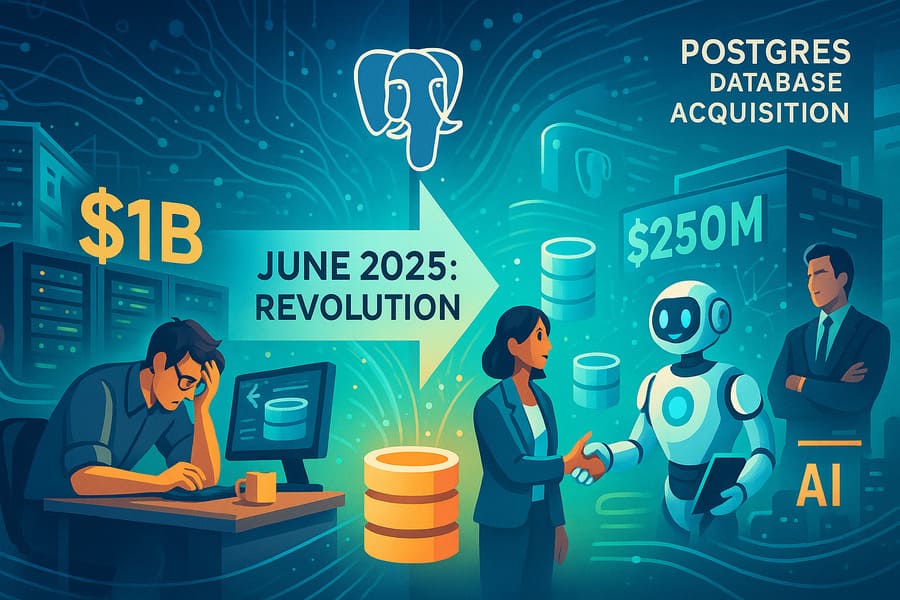
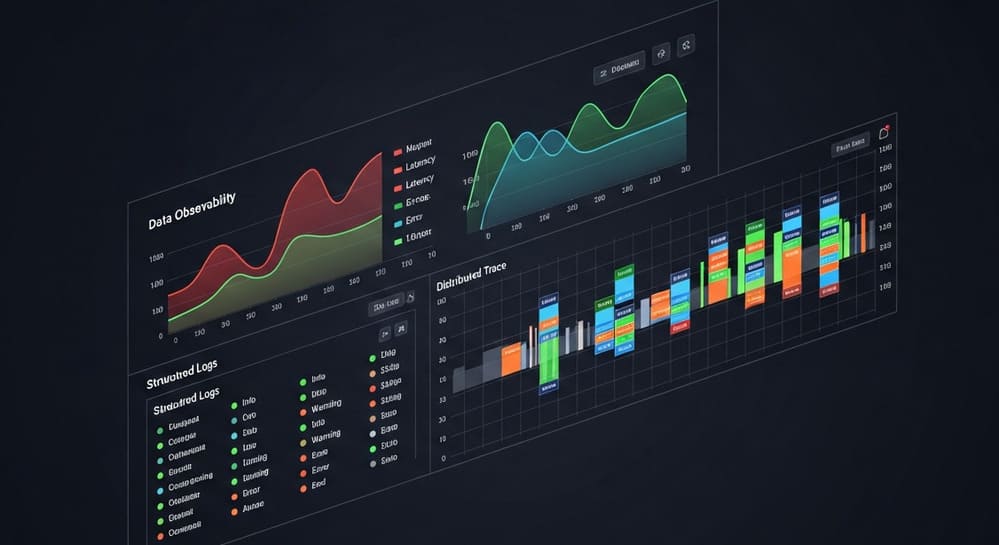
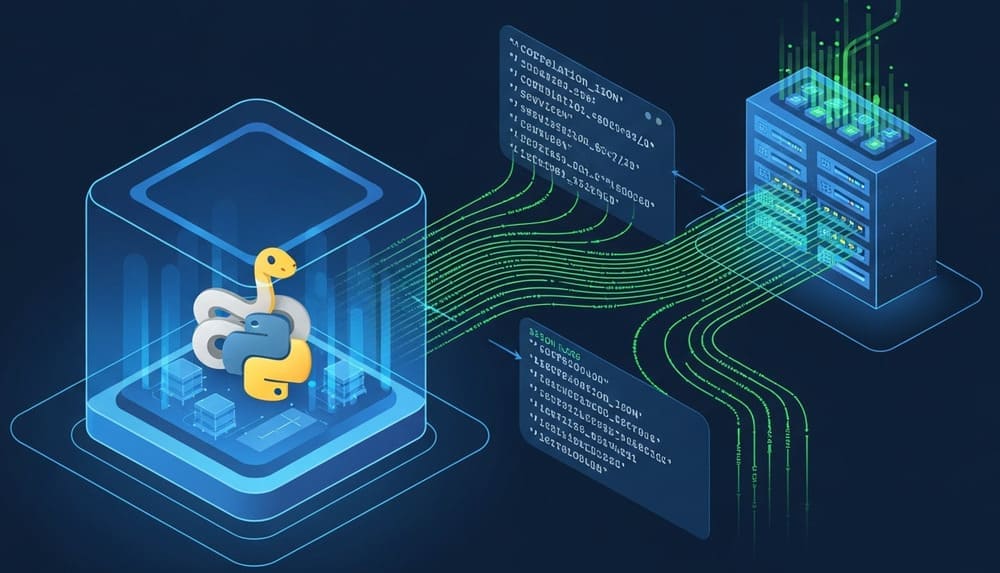
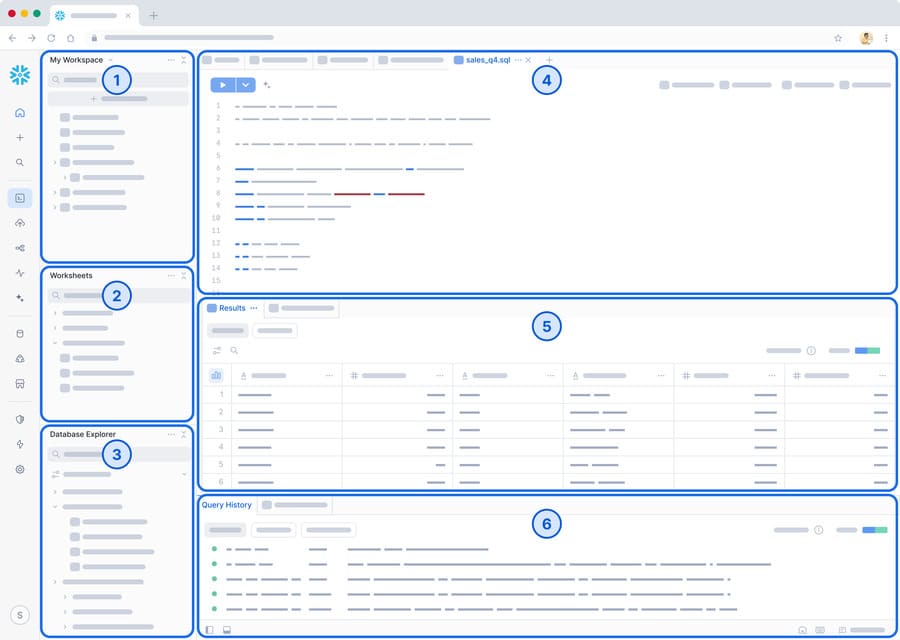
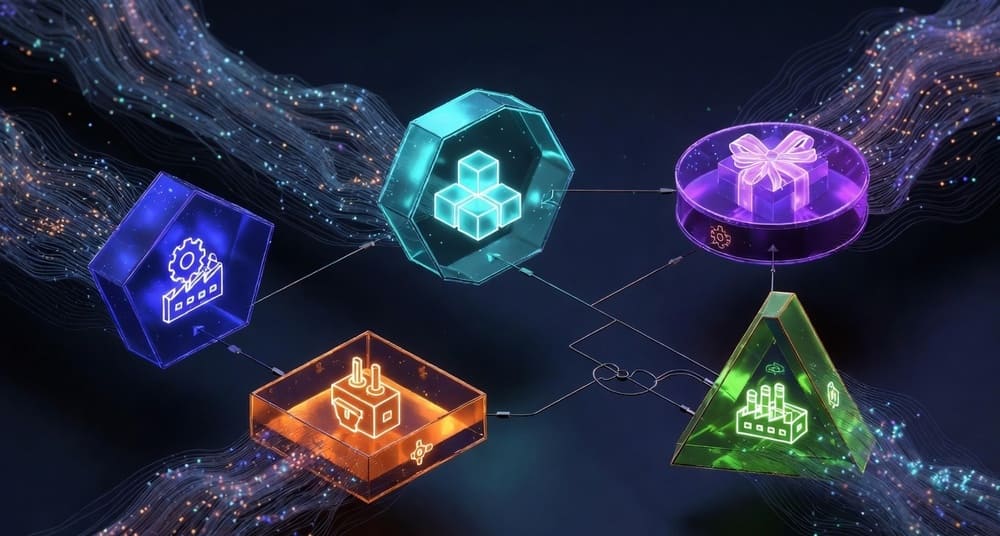
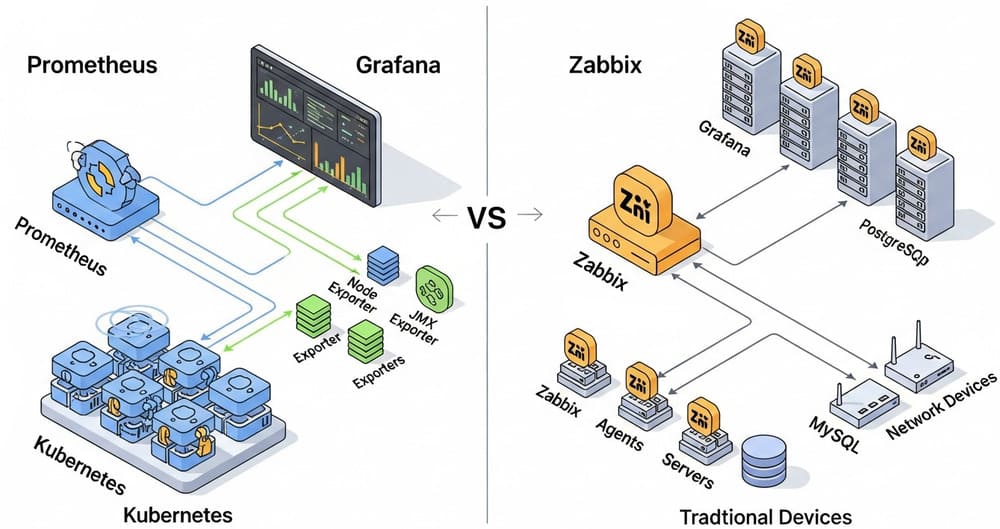
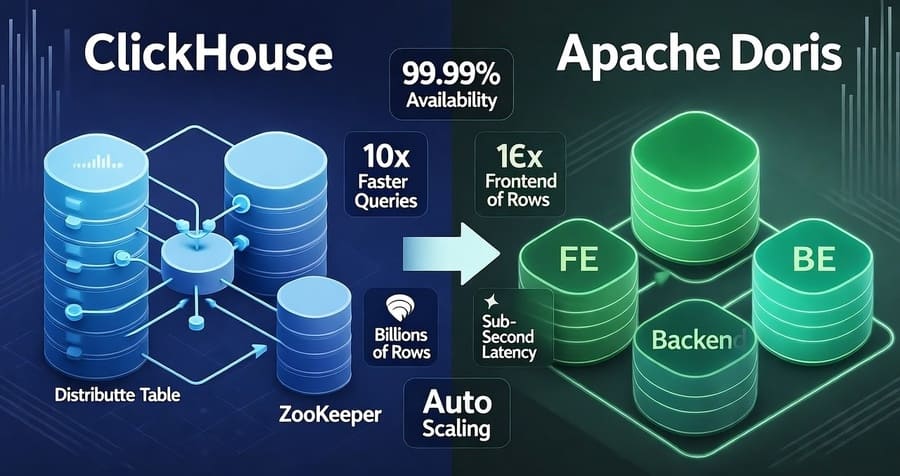
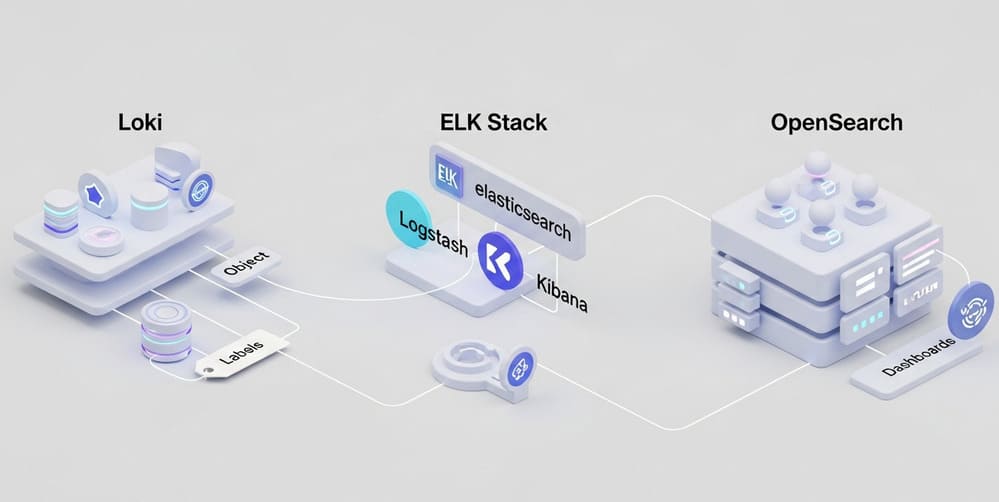
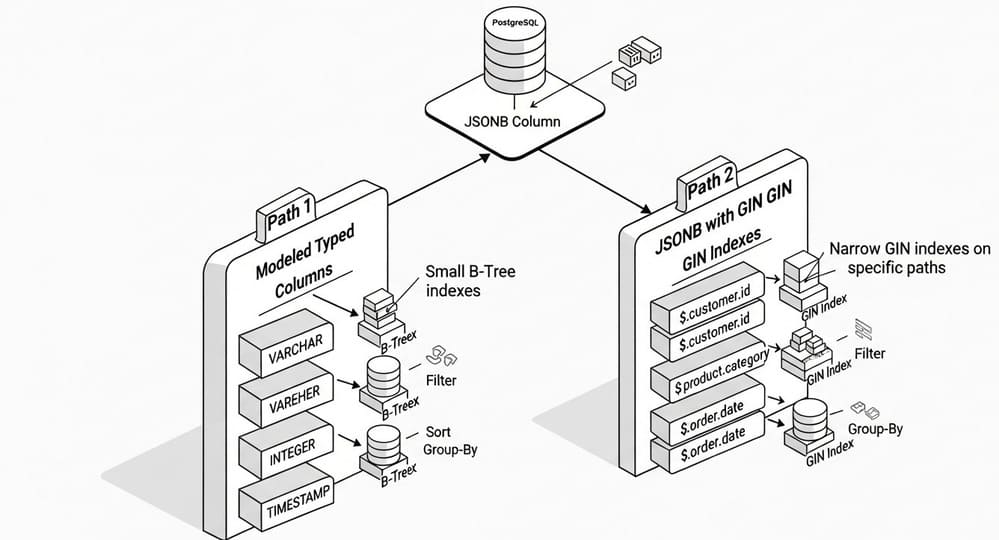
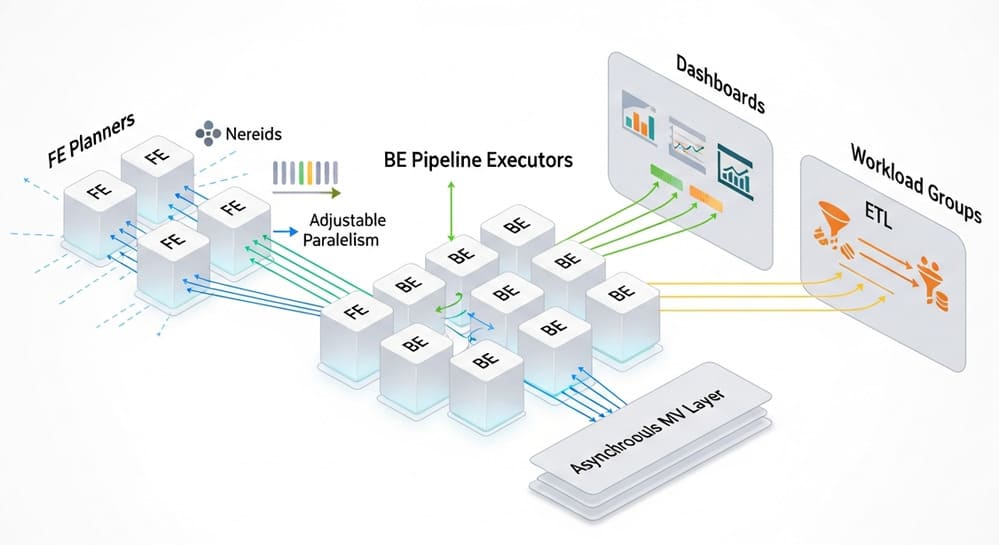

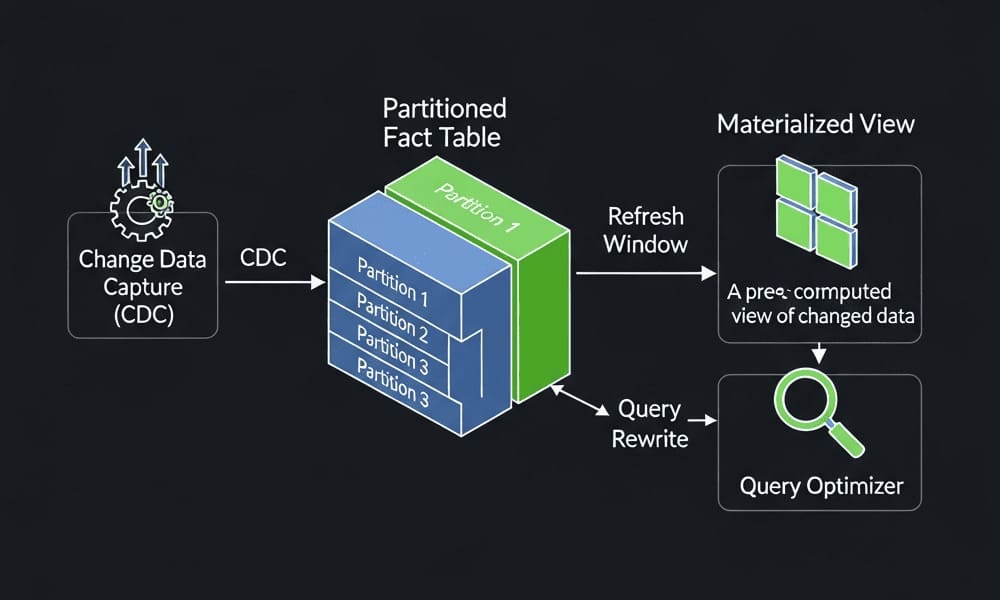
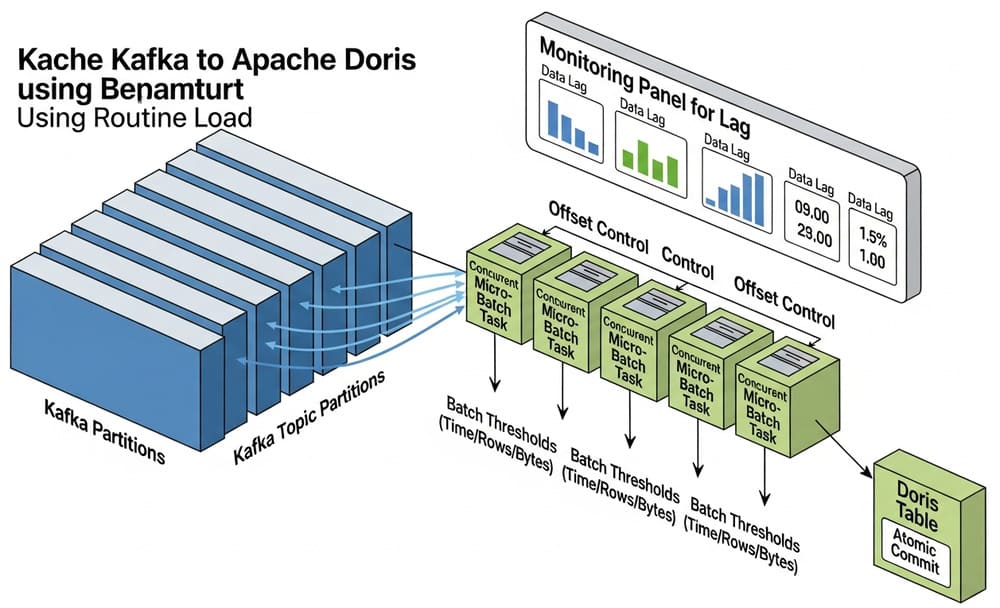
Leave a Reply